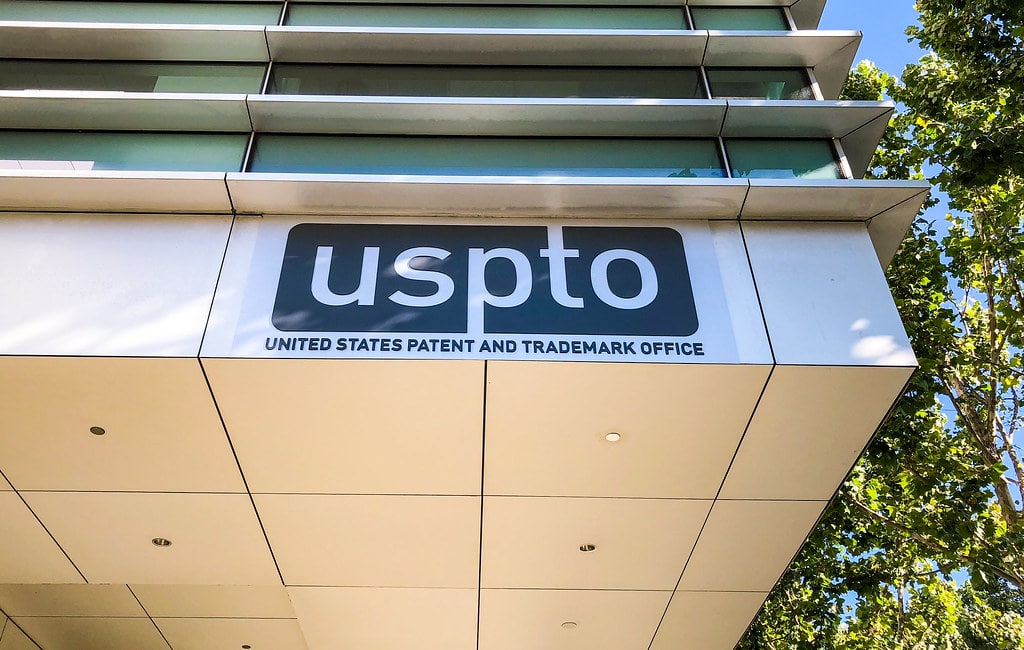Federal trademarks are governed by the Lanham Act. See 15 U.S.C. §§1051 et seq. Among the rights granted to trademark owners by the Lanham Act is the right to exclusive use of one’s trademark. If another uses one’s trademark without permission or authorization, the owner can sue for trademark infringement. The Lanham Act invests federal courts with broad powers to punish infringement. Victims of infringement can obtain a vast array of injunctive relief and can recover money damages, attorneys’ fees and, potentially, the disgorgement of the infringer’s profits.
Until recently, there was a split among the lower courts as to whether proof of willfulness was a prerequisite to an award of profit disgorgement. For example, in the Sixth Circuit, the willfulness of the infringement is one FACTOR or element to be considered in whether to order disgorgement. However, willfulness is not REQUIRED. See Laukus v. Rio Brands, Inc., 391 Fed.Appx. 416 (6th Cir.2010). The Third, Fourth and Fifth Circuits have agreed and have issued decisions arriving at the same legal conclusion.
By contrast, in the First, Second, Ninth and Tenth Circuits, willfulness must be shown before disgorgement can be ordered. See, for example, George Basch Co. v. Blue Coral, Inc., 968 F.2d 1532 (2d Cir.1992) (“… a finding of willful deceptiveness is necessary in order to warrant an accounting for profits …”).
The US Supreme Court has now resolved the split among the Circuits by holding that proof of willful infringement is not required before disgorgement can be ordered. See Romag Fasteners, Inc. v. Fossil, Inc., Case No. 18–1233, ___ S.Ct. ___ (April 23, 2020). The decision was unanimous and was based on a detailed analysis of the text of various sections of the Lanham Act and Congressional amendments to the statute in the 1990s. The court concluded that proof of willfulness — mens rea — was not required by the words used in the Lanham Act. Justice Gorsuch wrote the majority opinion, which was joined by seven other justices. Justices Alito and Sotomayor wrote concurring opinions.
The plaintiff in the case, — Romag Fasteners, Inc — owns patents and trademarks for magnetic fasteners mainly used for wallets, handbags, purses, and other small carrying cases. Romag accused the defendants, Fossil, Inc. and Fossil Stores I, Inc. of selling handbags with counterfeit fasteners. In 2002, Romag and Fossil had entered into a licensing agreement allowing Fossil to use Romag fasteners with Fossil’s Wing Yip line of handbags. However, in 2010, Romag’s senior management discovered that counterfeit Romag fasteners were being used on Wing Yip products. Romag initiated litigation. In 2014, after a seven-day trial, a jury returned a verdict in favor of Romag finding that Fossil had acted with “callous disregard” for Romag’s trademark rights but also finding that Fossil’s trademark infringement was not willful. As such, under the Second Circuit rule, the trial court refused to order profit disgorgement for the trademark infringement.
Upon appeal, the Court of Appeals for the Federal Circuit applied the Second Circuit rule and affirmed. However, as noted, the US Supreme Court has held otherwise. Proof of willfulness is not required for an award of profit disgorgement. Rather, willfulness is one of several elements that are to be evaluated by a trial court in deciding whether to order disgorgement.
If you have questions about protecting your trademarks, contact the trademark lawyers at Revision Legal at 231-714-0100.




